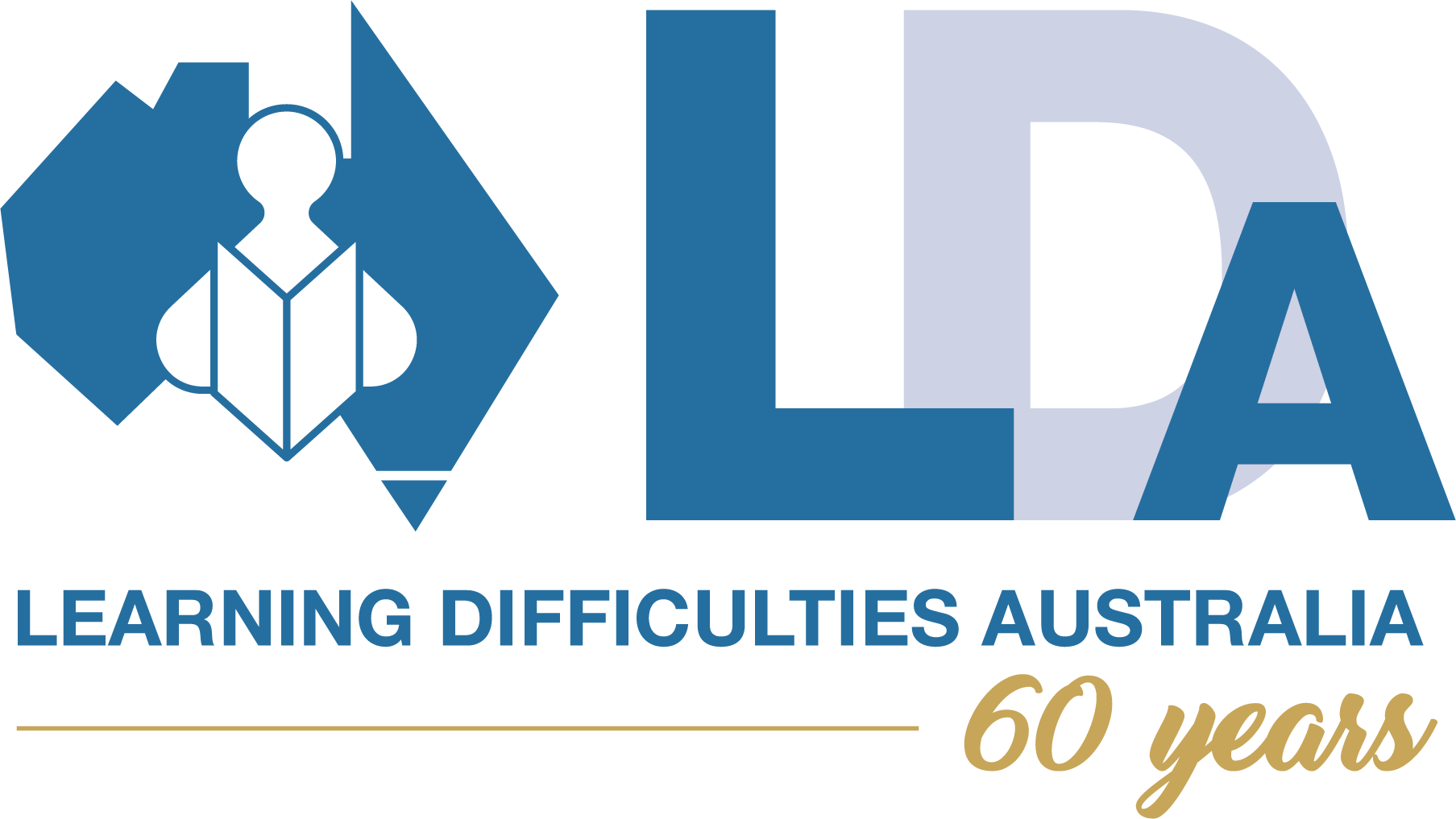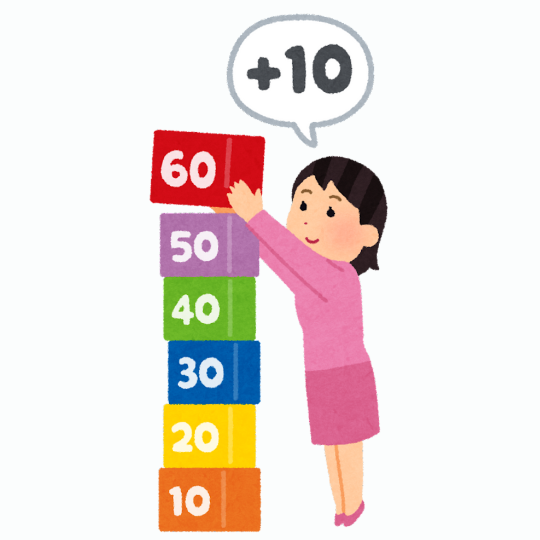In this session, Dr Angela Rogers shares the importance of developing a strategic and targeted approach to mathematics fact...
In this session, Dr Angela Rogers shares the importance of developing a strategic and targeted approach to mathematics fact fluency with all students. She will start by exploring the research that underpins fluency development. Angela will explore its place...
In this session, Dr Angela Rogers shares the importance of developing a strategic and targeted approach to mathematics fact fluency with all students. She will start by exploring the research that underpins fluency development. Angela will explore its place in the curriculum and the impact a concentrated approach can have on student confidence, motivation and achievement in mathematics. You will walk away from this session with insights and practical ideas that will support you in implementing a research-informed approach towards fluency development with your students.





